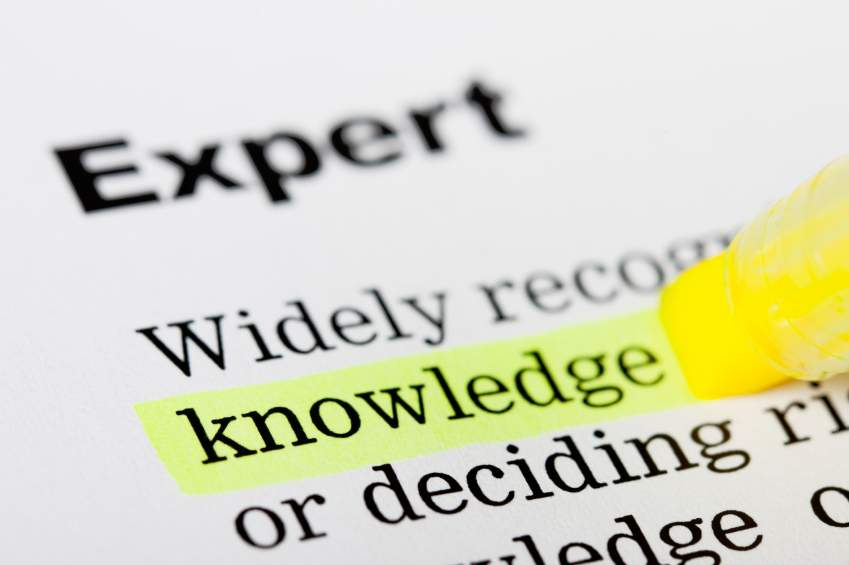Expertise Trumps Experience

Editor's Note: This is a guest post by Ali Luke from Aliventures.
You won't find a single blogger with twenty years' experience.
You'd struggle to find anyone with ten.
The same goes for a huge number of roles: social media whizzes, SEO experts, YouTube stars...
The old rules are disappearing. When I was a teenager, looking at careers in journalism or publishing, you needed months or years of unpaid work experience to get started – and then you began right at the bottom.
Now, you can launch a business from your bedroom for the price of a domain name plus webhosting.
And – though I'm hesitant about the rise of the self-proclaimed "expert" – I believe that this shift away from experience is a good thing.
What Does Experience Really Say?
Let's say you want to hire me to write a blog post for you. I could tell you that I've been writing blog posts for the past nine years.
It's perfectly true.
Except that for six of those years, my posts were sporadic at best, and revolved around the minutae of university life (with rants about my milk going missing, and occasion incoherent, drunken, ramblings...)
That nine years experience suddenly doesn't look so great, does it?
Anyone can clock up time. Days, weeks and years go by at a constant rate – it doesn't matter whether you work hard, or slack off. It doesn't matter whether you're getting better at what you do, or whether you're reinforcing bad habits every single day. The time keeps ticking by.
If all you’re doing is writing, you’re only producing volume. You’re repeating behaviour – but you’re not improving. The act of repeating behaviour makes you more experienced and faster and eventually that behaviour becomes second nature.
But it doesn’t make you better at writing.
(Why You Shouldn't Write Often, James Chartrand, Men with Pens) My early blog posts weren't making me a better writer. I wasn't even learning anything new about the features of the blogging system. (In fact, when I started using WordPress, it took me months to realise that I could just copy-and-paste from Word, rather than laboriously entering all the HTML code by hand.)
You've probably had plenty of experience in some areas of your life. But experience isn't enough.
Maybe you've been cooking for yourself for the past twenty years – repeating the same half-dozen basic recipes. That doesn't make you a chef.
Experience – as measured in years or months – is over-rated.
What You Need is Expertise
I'm a bit wary of people who call themselves an "expert". I'm not sure it means much until other people give you that title.
But real expertise counts for a lot.
Expertise doesn't necessarily require a ton of experience. Rather, it's about getting the most from everything you do.
To establish expertise:
Focus on learning. That might mean taking a formal course or qualification – or keeping up with the key journals, blogs and books in your field.
Reflect on what you're doing, and how it's going. Why did that blog post bring in traffic? Why did that recipe taste so good?
Try new things. Blindly repeating something just because "it's always worked before" or, worse, because "that's how everyone does it" won't help you grow.
Stretch yourself. Once I started blogging seriously, I sent guest posts to big blogs – this pushed me to take my writing further, and I quickly learnt what worked and what didn't.
Watch other people. Find someone who's a step up from you. What're they doing differently? What could you build on?
Your clients don't care how much experience you have. Sure, they might be impressed or reassured by "Sue spent twenty years working in software development" – it might even encourage them to hire you.
But what counts after that is what you do with your experience. Can you apply what you've learned to new situations, in a rapidly changing world? Will you be able to find the perfect solution for this client – rather than doling out a piece of generic advice?
And are you willing to listen when something challenges those years of experience, to consider that maybe, maybe, there's still more for you to learn?
Expertise doesn't come easily. It means thinking hard, digging deep and challenging yourself to take a step outside what you've already experienced.
But expertise is what matters.

